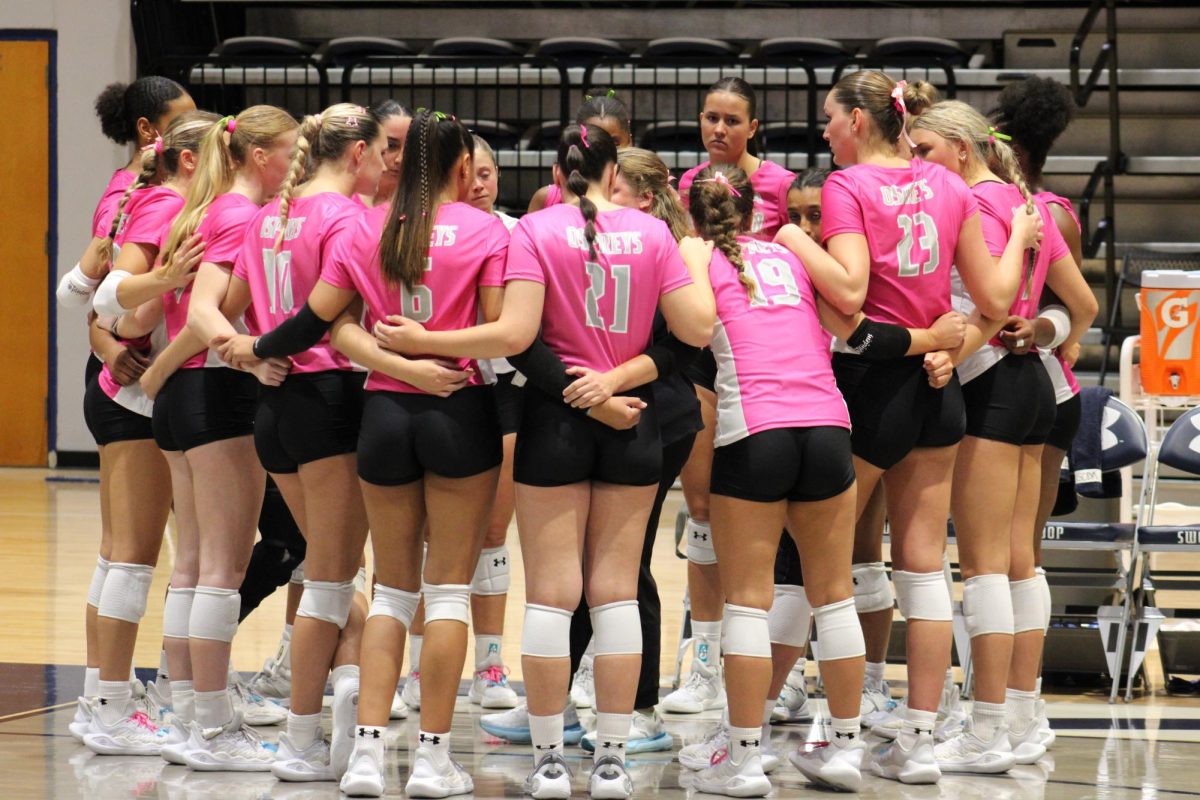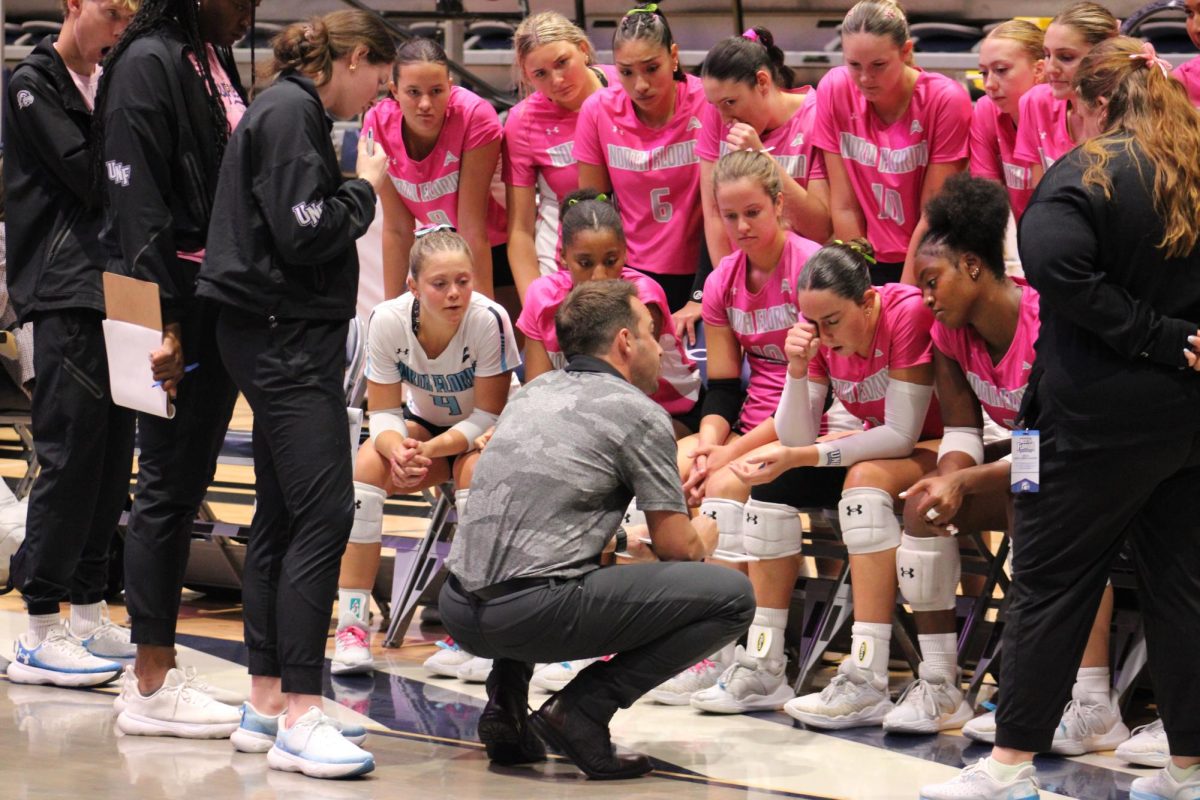 One student’s harassment complaint at the University of South Florida led to a major milestone regarding the way Florida universities view lesbian, gay, bi-sexual and transgender students living on campus.
One student’s harassment complaint at the University of South Florida led to a major milestone regarding the way Florida universities view lesbian, gay, bi-sexual and transgender students living on campus.
USF is launching a pilot program beginning spring 2012 where students of any gender can live in dorm rooms together or alone. They can also live with a random roommate without being outed.
Presently, more than 75 schools nationwide have gender-neutral dorms, according to the Transgender Law and Policy Institute. USF believes it is the first in Florida to implement gender-neutral housing options.
The new housing arrangements go beyond simply being co-ed and allow students who identify outside of the gender binary to live in a comfortable environment. While the initiative for gender-neutral housing began as a way to accommodate gay, bisexual and transgender students, the policies also aim to accommodate heterosexual students who wish to live with a relative or a platonic friend.
The real question is, will any other university follow suit — particularly UNF?
The Lesbian, Gay, Bisexual and Transgender Resource Center at UNF conducted a study on the climate at UNF for LGBT students, first in 2005 and again in 2010. The study showed a slight decrease in occurrences of harassment and bias.
But for many students and staff within the LGBT community, a slight decrease is not enough.
Dave Lindquist, a community health sophomore and employee at the LGBT resource center, said incorporating gender-neutral dorms at UNF would provide a safer environment and better networking for students within the LGBT community.
“Gender-neutral housing would be a step in the right direction,” Lindquist said, though he feels that keeping heterosexuals out is a mistake.
Therefore, Lindquist’s main objection to gender-neutral housing is that it may not be entirely neutral.
At USF, it all depends on the student’s application and whether or not they have a friend in mind to room with. If no friend is available they will be set up with a random roommate. That person may or may not be part of the LGBT community.
Members of LGBT could feel segregated as a result of only having one safe housing option, Lindquist said.
Cezar Montemayor, UNF english senior, shares Lindquist’s sentiment.
“An environment that promotes cultural diversity, separate from race, would be more progressive but not necessarily positive,” Montemayor said.
Montemayor said having separate LGBT or gender-neutral housing would only serve to widen the gap between gay and straight students on campus.
“I don’t think separating them is a good idea at all,” he said.
Paul Riel, director of housing at UNF, expressed positive responses regarding the student-living climate on campus.
Riel said he is adamant about the dorms not becoming co-ed and mentioned several options for handling harassment towards LGBT students.
Housing Operations makes changing dorm rooms simple, he said.
Currently, students can change rooms as many times as necessary and have the option of selecting their own roommates.
They are encouraged to have as much control as they can over their living situation, Riel said.
Riel is also concerned about privacy for LGBT students living on campus.
He said LGBT students or any other culturally sensitive group wouldn’t want to put a “neon sign on their door.”
To help prepare for UNF’s upcoming student-housing policies, which requires that all incoming freshmen live on campus come Fall 2012, UNF’s Housing staff are working with the counseling center staff to help students understand these commitments.
“[UNF’s housing staff] must be sensitive to what’s going on,” Riel said.
While there will be no gender-neutral housing on campus in the near future, UNF upholds a zero tolerance policy for bullying, Riel said.
Some students at UNF maintain the zero tolerance policy is working, such as Katharine Margaritis, a UNF nutrition grad student.
Additionally, Margaritis feels that separate dorms for the LGBT community would be counterproductive.
“Sometimes, when you bring a lot of attention to [an issue], it does the opposite of what you want it to do,” she said.
As it stands, at UNF, there isn’t a need to have gender-neutral housing because of multiple housing options for students on and off campus. Also, the LGBT center hasn’t grown, yet, in population to the extent of USF’s.
“Not everybody thinks alike,” Riel said. “The melting pot of cognitive dissonance is the end result of a place of freedom of expression and thought that allows for discussion but leaves room for bullying.”















